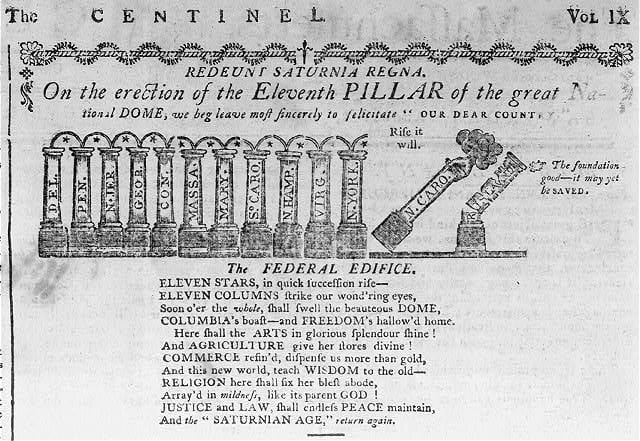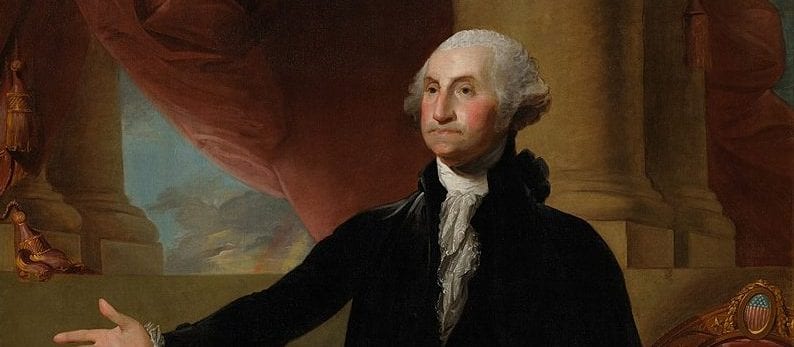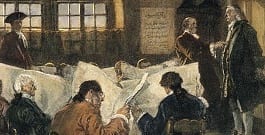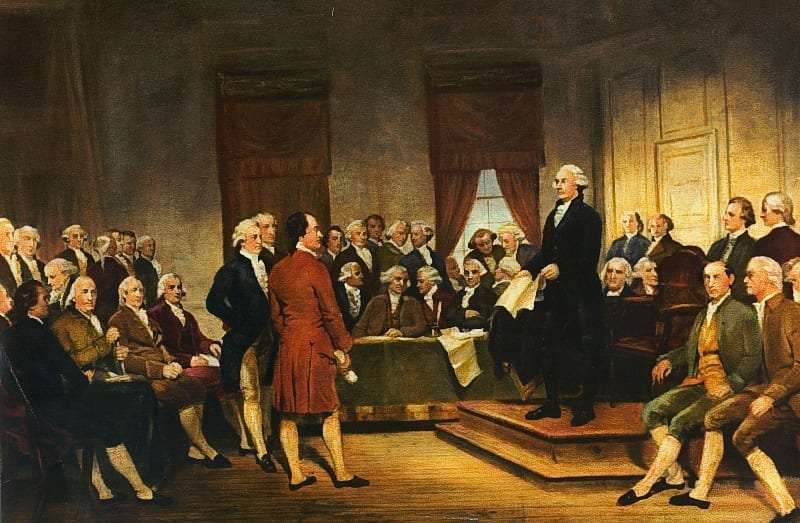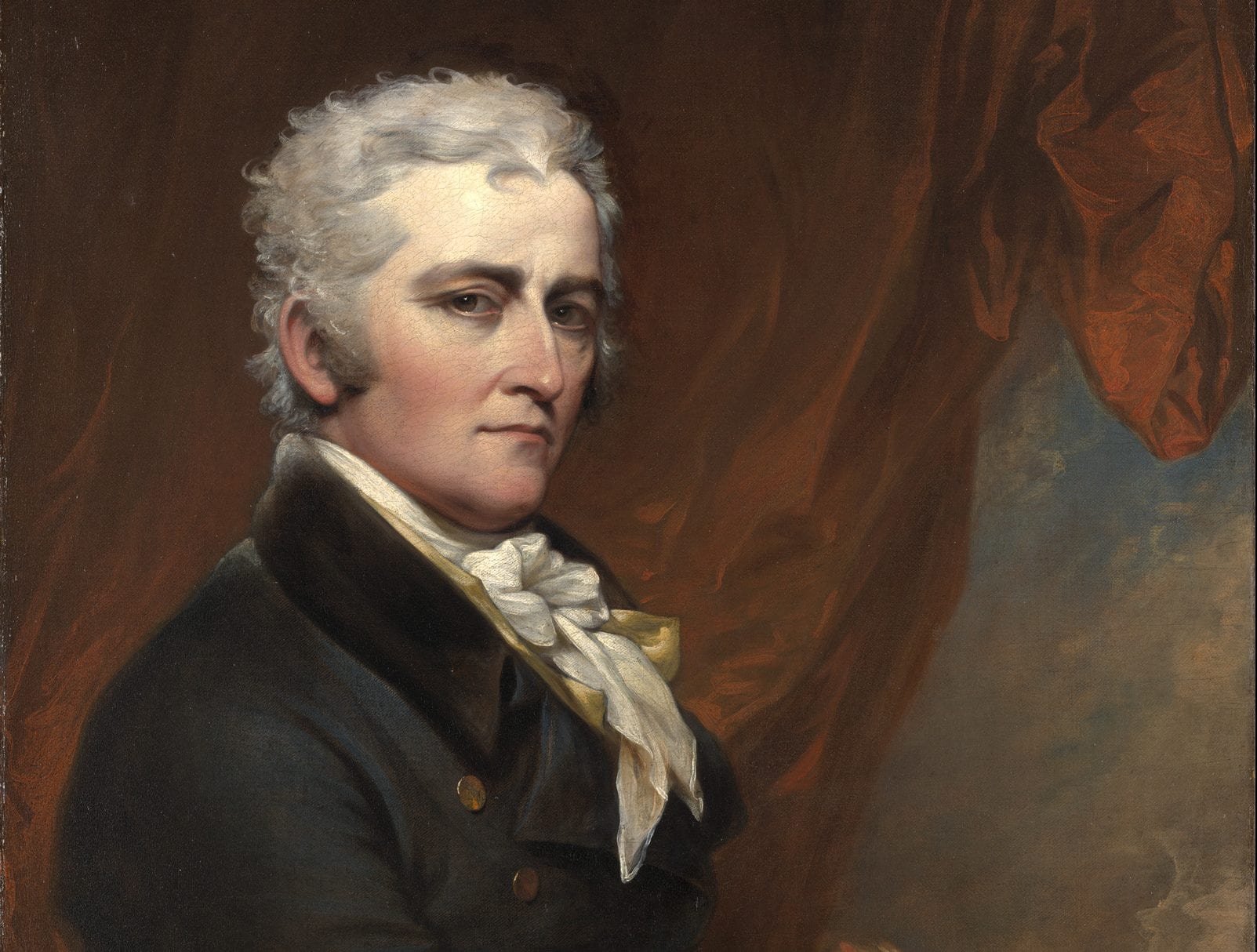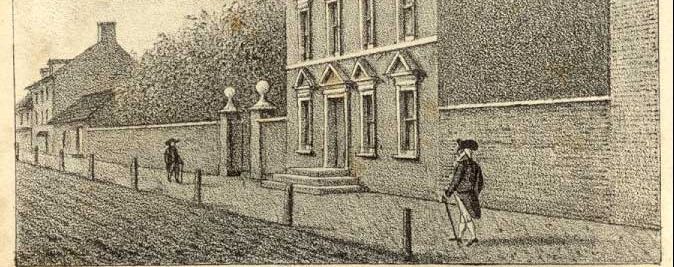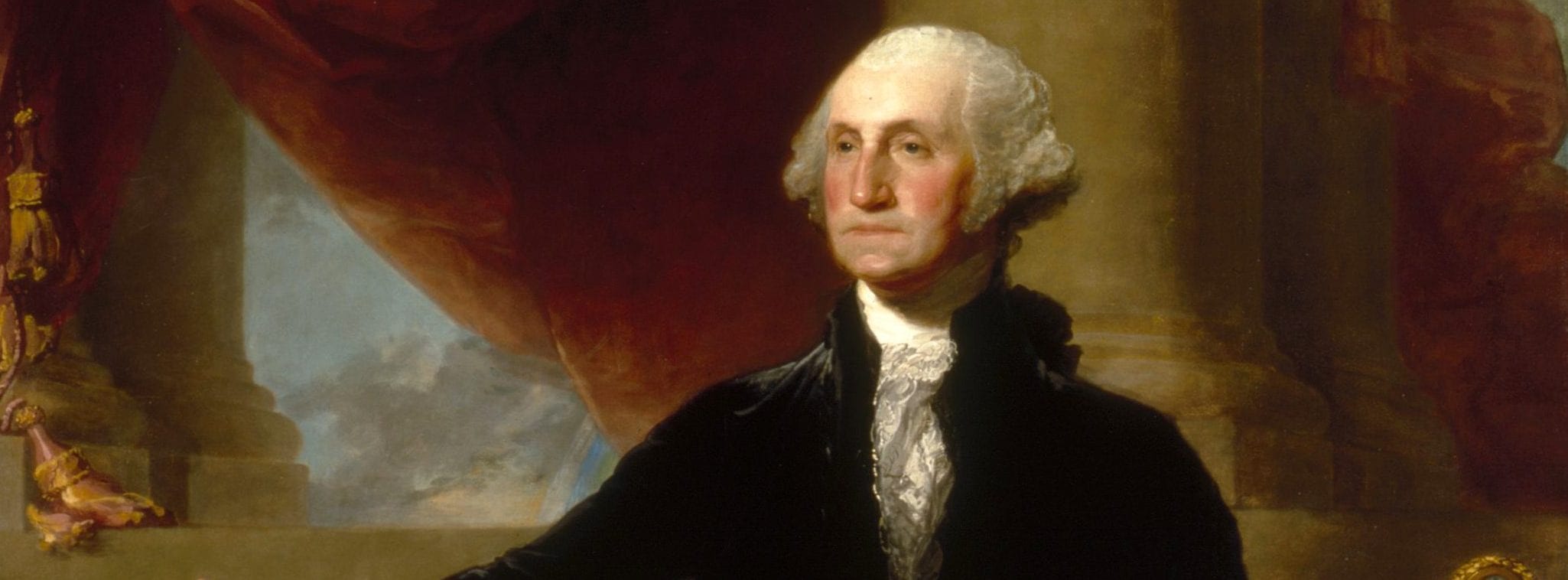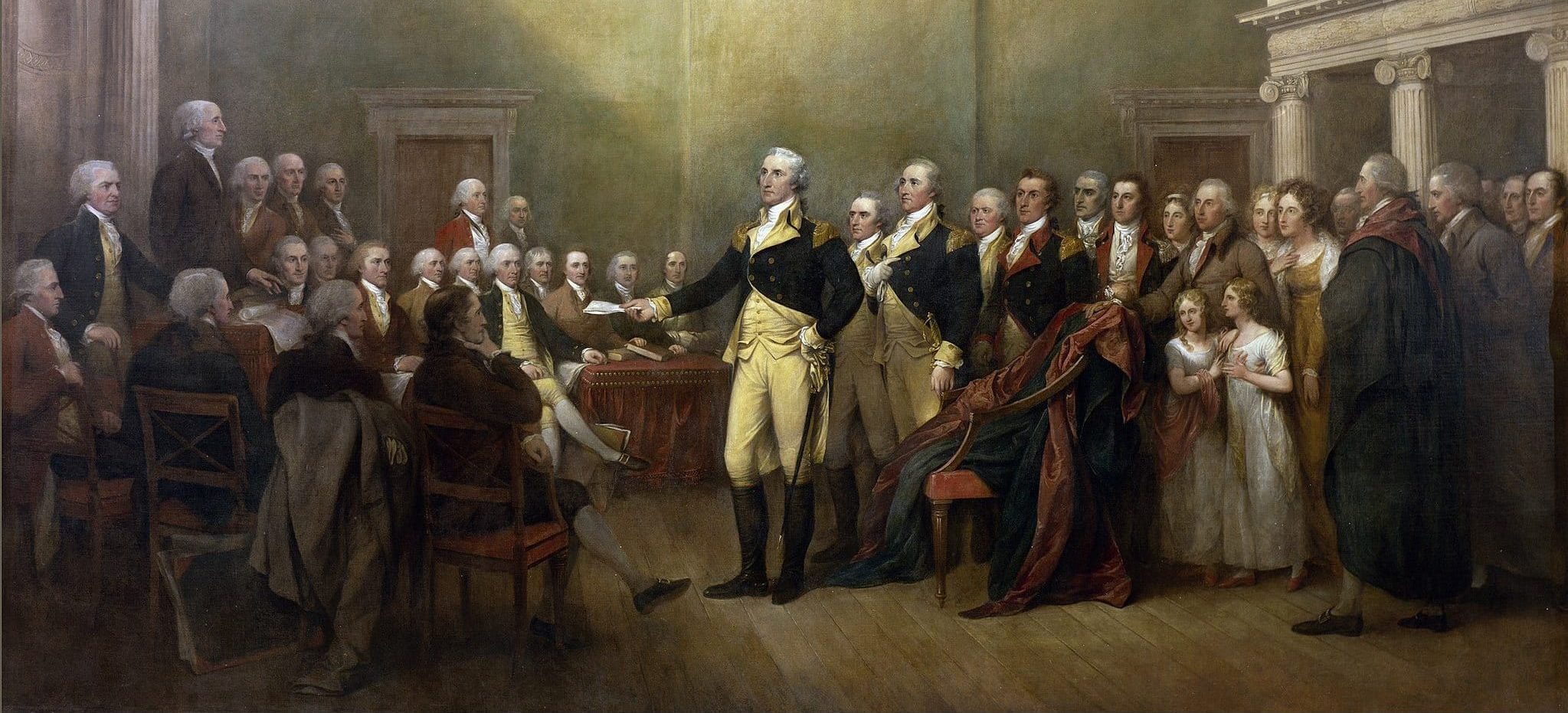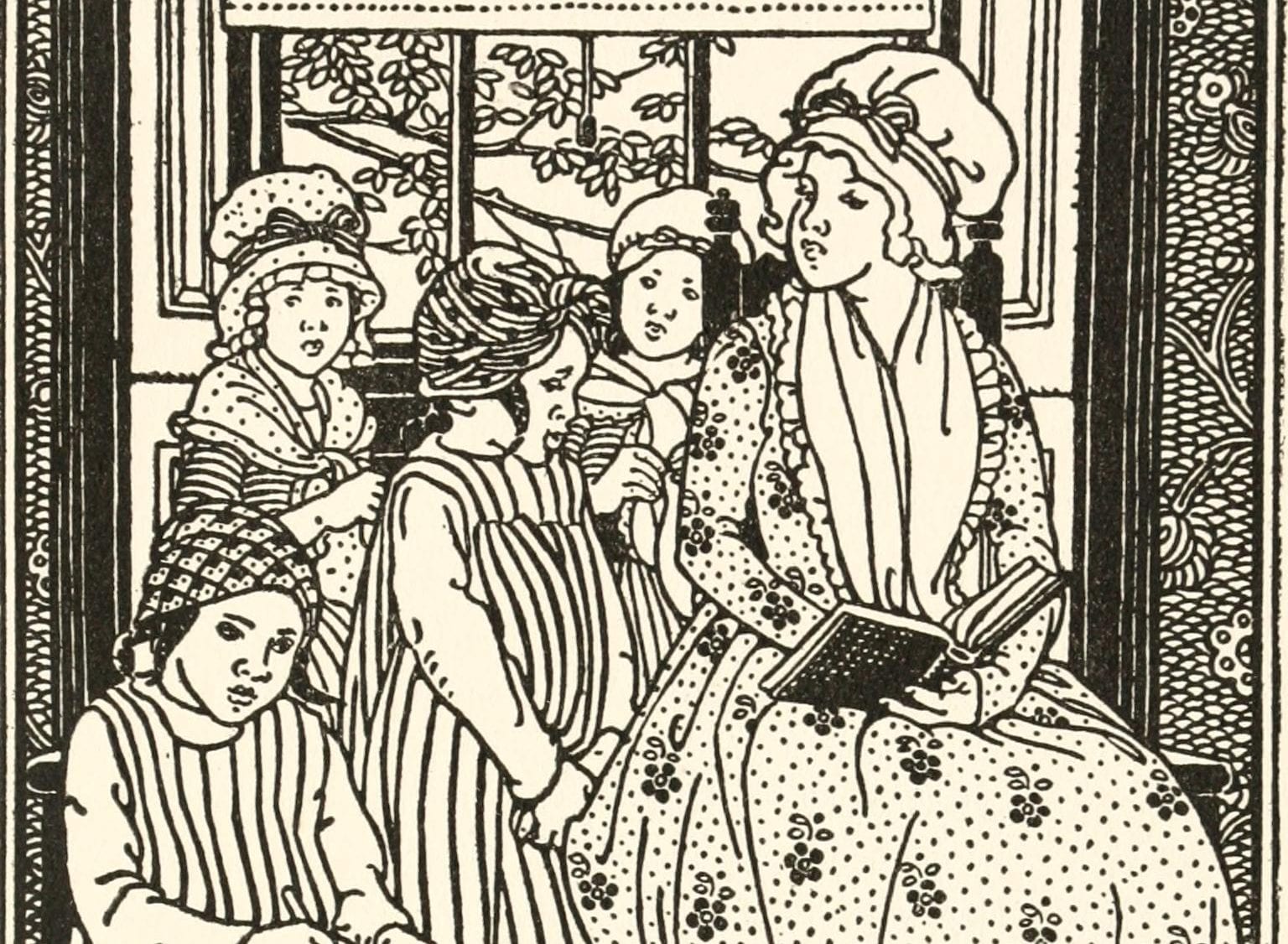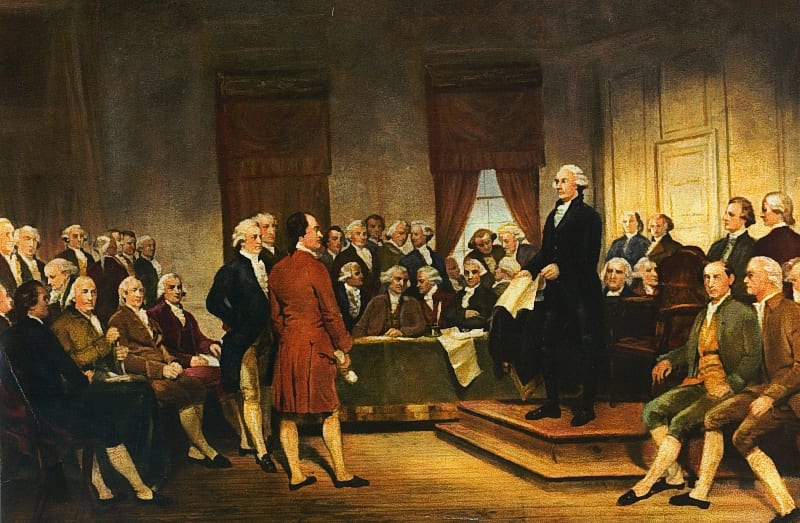
Speech in the Continental Congress ob Revenue
Mr. Mercer made some remarks tending to a reconsideration of the act declaring general funds to be necessary, which revived the discussion of that subject.
Mr Madison said that he had observed throughout the proceedings of Congress relative to the establishment of such funds that the power delegated to Congress by the confederation had been very differently construed by different members & that this difference of construction had materially affected their reasonings & opinions on the several propositions which had been made; that in particular it had been represented by sundry members that Congress was merely an Executive body; and therefore that it was inconsistent with the principles of liberty & the spirit of the Constitution, to submit to them a permanent revenue which wd. be placing the purse & the sword in the same hands; that he wished the true doctrine of the confederation to be ascertained as it might perhaps remove some embarrassments; and towards that end would offer his ideas on the subject.
He said that he did not conceive in the first place that the opinion was sound that the power of Congress in cases of revenue was in no respect Legislative, but merely Executive: and in the second place that admitting the power to be Executive a permanent revenue collected & dispensed by them in the discharge of the debts to wch. it sd. be appropriated, would be inconsistent with the nature of an Executive body, or dangerous to the liberties of the republic.
As to the first opinion he observed that by the articles of Confederation Congs. had clearly & expressly the right to fix the quantum of revenue necessary for the public exigences, & to require the same from the States respectively in proportion to the value of their land; that the requisitions thus made were a law to the States, as much as the acts of the latter for complying with them were a law to their individual members: that the foederal constitution was as sacred & obligatory as the internal constitutions of the several States; and that nothing could justify the States in disobeying acts warranted by it, but some previous abuse or infraction on the part of Congs.; that as a proof that the power of fixing the quantum & making requisitions of money, was considered as a legislative power over the purse, he would appeal to the proposition made by the British Minister of giving this power to the B. Parliamt. & leaving to the American assemblies the privilege of complying in their own modes; & to the reasonings of Congress
& the several States on that proposition. He observed further that by the articles of Confederation was delegated to Congs. a right to borrow money indefinitely, and emit bills of Credit which was a species of borrowing, for repayment & redemption of which the faith of the States was pledged & their legislatures constitutionally bound. He asked whether these powers were reconcileable with the idea that Congress was a body merely Executive? He asked what would be thought in G. B. from whose constitution our Political reasonings were so much drawn, of an attempt to prove that a power of making requisitions of money on the Parliament, & of borrowing money for discharge of which the Parlt sd. be bound, might be annexed to the Crown without changing its quality of an Executive branch; and that the leaving to the Parliamt. the mode only of complying with the requisitions of the Crown, would be leaving to it its supreme & exclusive power of Legislation?
As to the second point he referred again to the British Constitution & the mode in which provision was made for the public debts; observing that although the Executive had no authority to contract a debt; yet that when a debt had been authorized or admitted by the parliament a permanent & irrevocable revenue was granted by the Legislature,
to be collected & dispensed by the Executive; and that this practice had never been deemed a subversion of the Constitution or a dangerous association of a power over the purse with the power of the Sword.
If these observations were just as he concieved them to be, the establishment of a permanent revenue not by any assumed authority of Congress, but by the authority of the States at the recommendation of Congs: to be collected & applied by the latter to the discharge of the public debts, could not be deemed inconsistent with the spirit of the foederal constitution, or subversive of the principles of liberty; and that all objections drawn from such a supposition ought to be withdrawn. Whether other objections of sufficient weight might not lie agst. such an establishmt. was another question. For his part altho’ for various reasons1 he had wished for such a plan as most eligible, he had never been sanguine that it was practicable & the discussions which had taken place had finally satisfied him that it would be necessary to limit the call for a general revenue to duties on commerce & to call for the deficiency in the most permanent way that could be reconciled with a revenue established within each State separately & appropriated to the Common Treasury. He said the rule which he had laid down to himself in this business was to concur in every arrangemt. that sd. appear necessary for an honorable & just fulfilment of the public engagements; & in no measure tending to augment the power of Congress which sd appear to be unnecessary; and particularly disclaimed the idea of perpetuating a public debt.
Mr. Lee in answer to Mr. Madison said the doctrine maintained by him was pregnant with dangerous consequences to the liberties of the confederated States; that notwithstanding the specious arguments that had been employed it was an established truth that the purse ought not to be put into the same hands with the Sword; that like arguments had been used in favor of Ship money in the reign of Charles I it being then represented as essential to the support of the Govt., that the Executive should be assured of the means of fulfilling its engagements for the public service: He said it had been urged by several in behalf of such an establishment for public credit that without it Congress was nothing more than a rope of sand. on this head he would be explicit; he had rather see Congress a rope of sand than a rod of Iron. He urged finally as a reason why some States would not & ought not to concur in granting to Congress a permanent revenue, that some States as Virga, would receive back a small part by paymt. from the U. S. to its Citizens; whilst others as Pena. wd. receive a vast surplus; & consequently be enriched by draining the former of its wealth.
Mr. Mercer said if he conceived the foederal compact to be such as it had been represented he would immediately withdraw from Congress & do every thing in his power to destroy its existence: that if Congs. had a right to borrow money as they pleased and to make requisitions on the States that wd. be binding on them, the liberties of the States were ideal; that requisitions ought to be consonant to the Spirit of liberty; that they should go frequently & accompanied with full information. that the States must be left to judge of the nature of them, of their abilities to comply with them & to regulate their compliance accordingly; he laid great stress on the omission of Congs. to transmit half yearly to the States an acct. of the monies borrowed by them &c. and even insinuated that this omission had absolved the States in some degree from the engagements.
1. Among other reasons privately weighing with him, he had observed that many of the most respectable people of America supposed the preservation of the Confederacy, essential to secure the blessings of the revolution; and permant funds for discharging debts essential to the preservation of Union. A disappointmt to this class wd. certainly abate their ardor & in a critical emergence might incline them to prefer some political connection with G. B. as a necessary cure for our internal instability, again Without permanent& general funds he did not concieve that the danger of convulsions from the army could be effectually obviated, lastly he did not think that any thing wd. be so likely to prevent disputes among the States with the calamities consequent on them. The States were jealous of each other, each supposing itself to be on the whole a creditor to the others: The Eastern States in particular thought themselves so with regard to the S. States (see Mr. Ghorum in the debates of this day). If general funds were not introduced it was not likely the balances wd. be ever be discharged, even if they sd. be liquidated. The consequence wd. be a rupture of the confederacy. The E. States wd. at sea be powerful & rapacious, the S. opulent & weak. This wd. be a temptation. the demands on the S. Sts would be an occasion. Reprisals wd. be instituted. Foreign aid would be called in by first the weaker, then the stronger side; & finally both be made subservient to the wars & politics of Europe.
New Hampshire Bill of Rights
October 31, 1783
Conversation-based seminars for collegial PD, one-day and multi-day seminars, graduate credit seminars (MA degree), online and in-person.




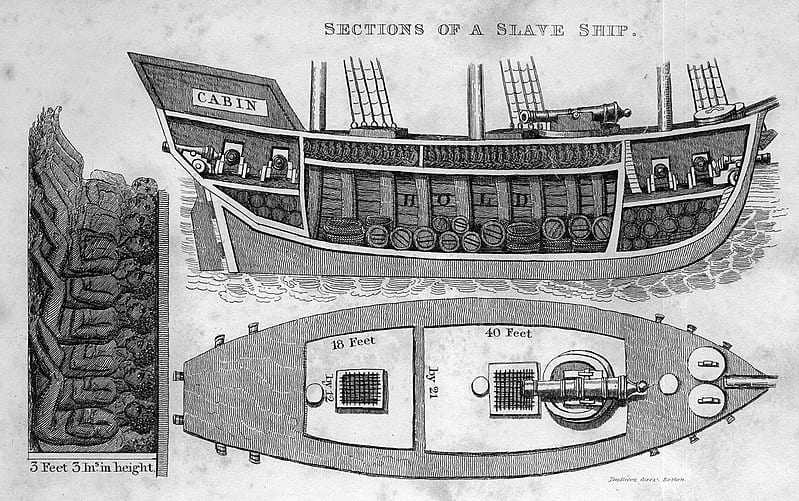






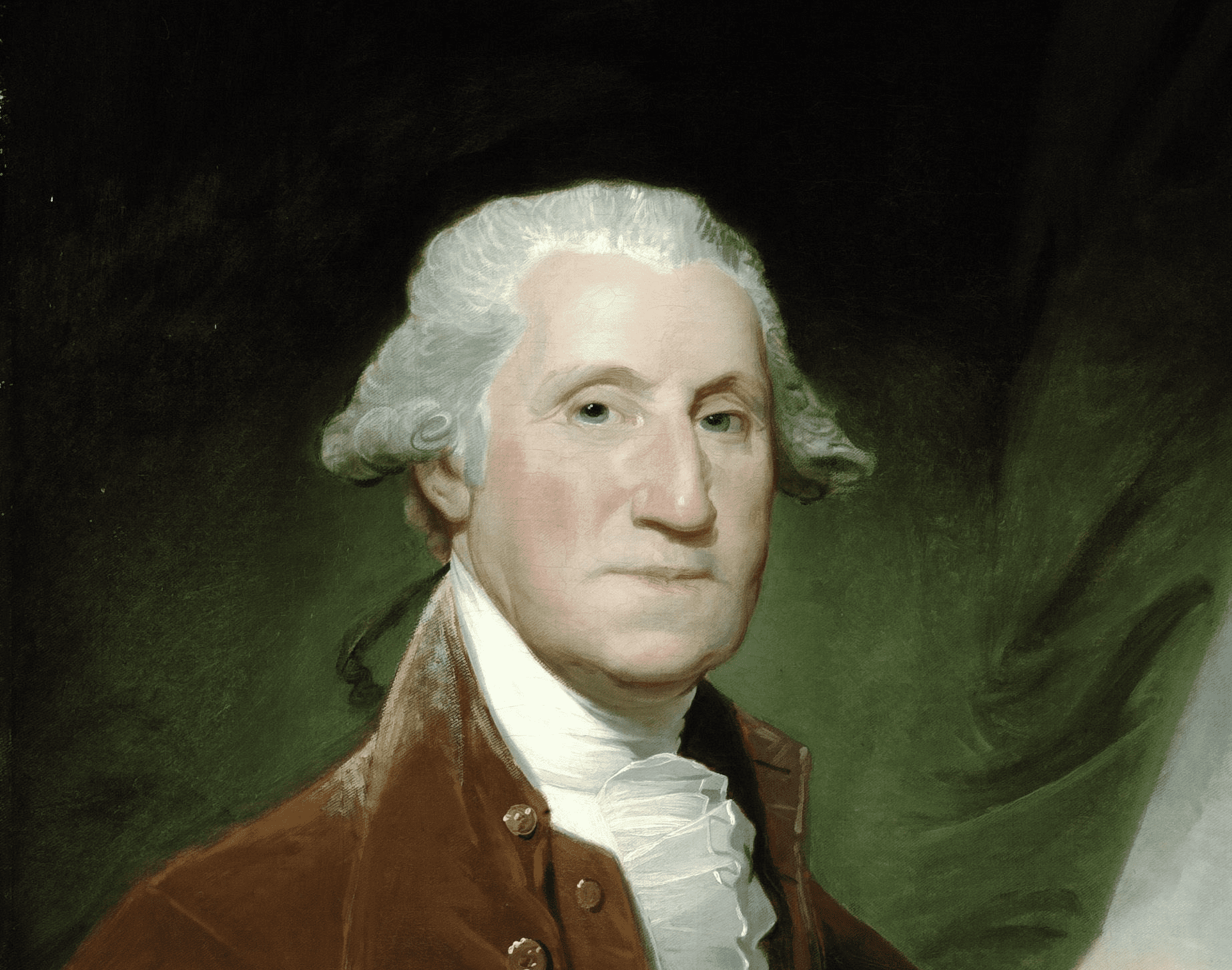















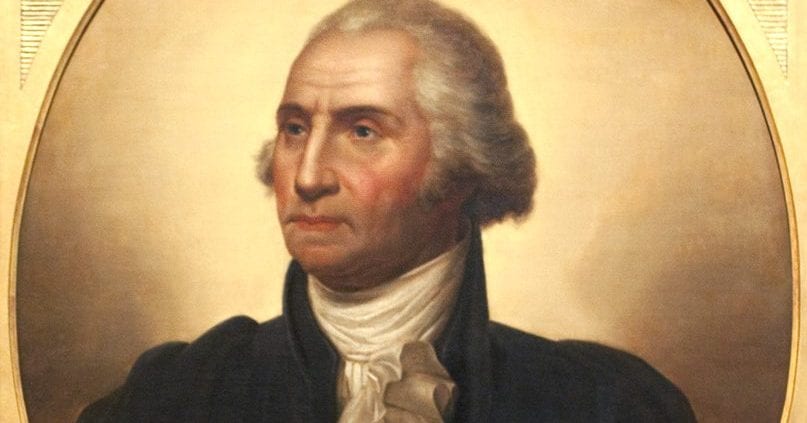
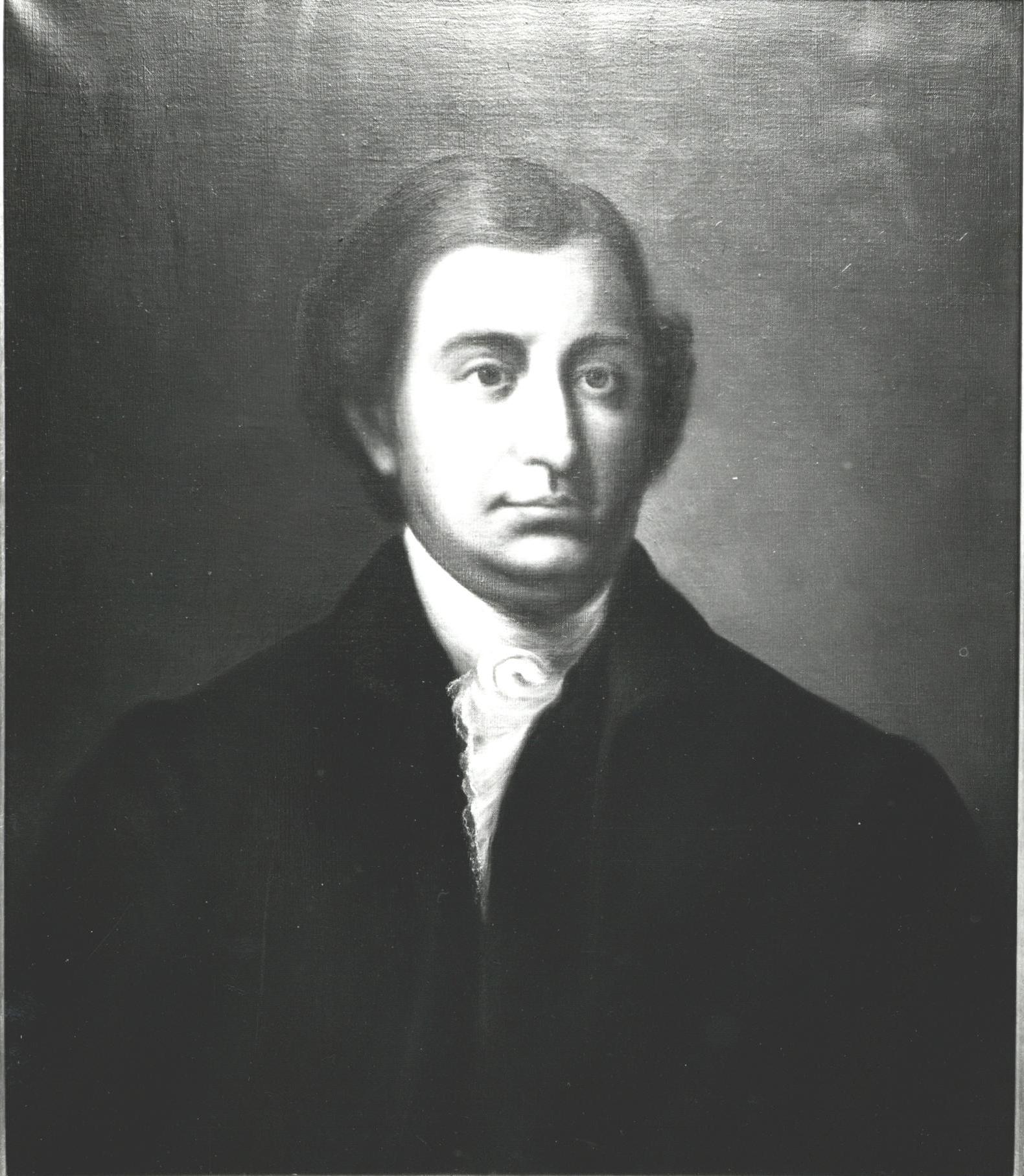
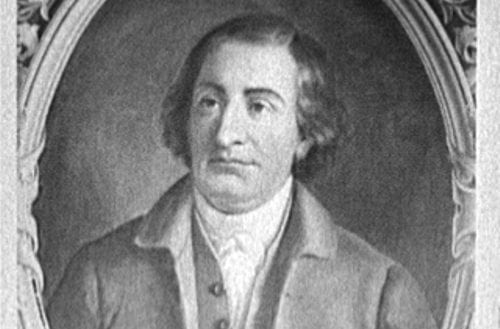
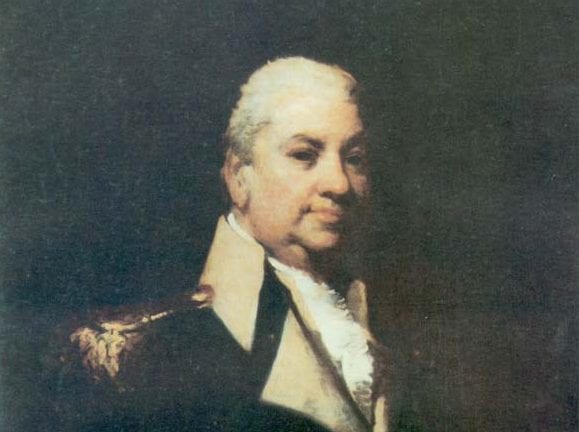




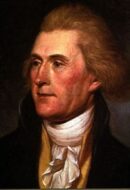













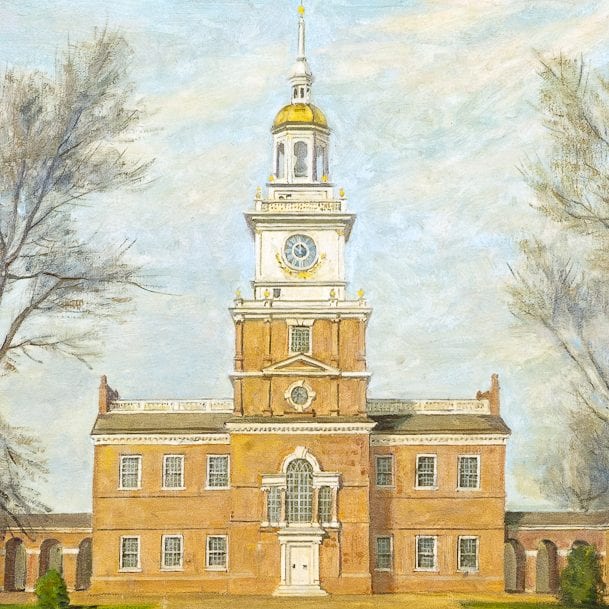

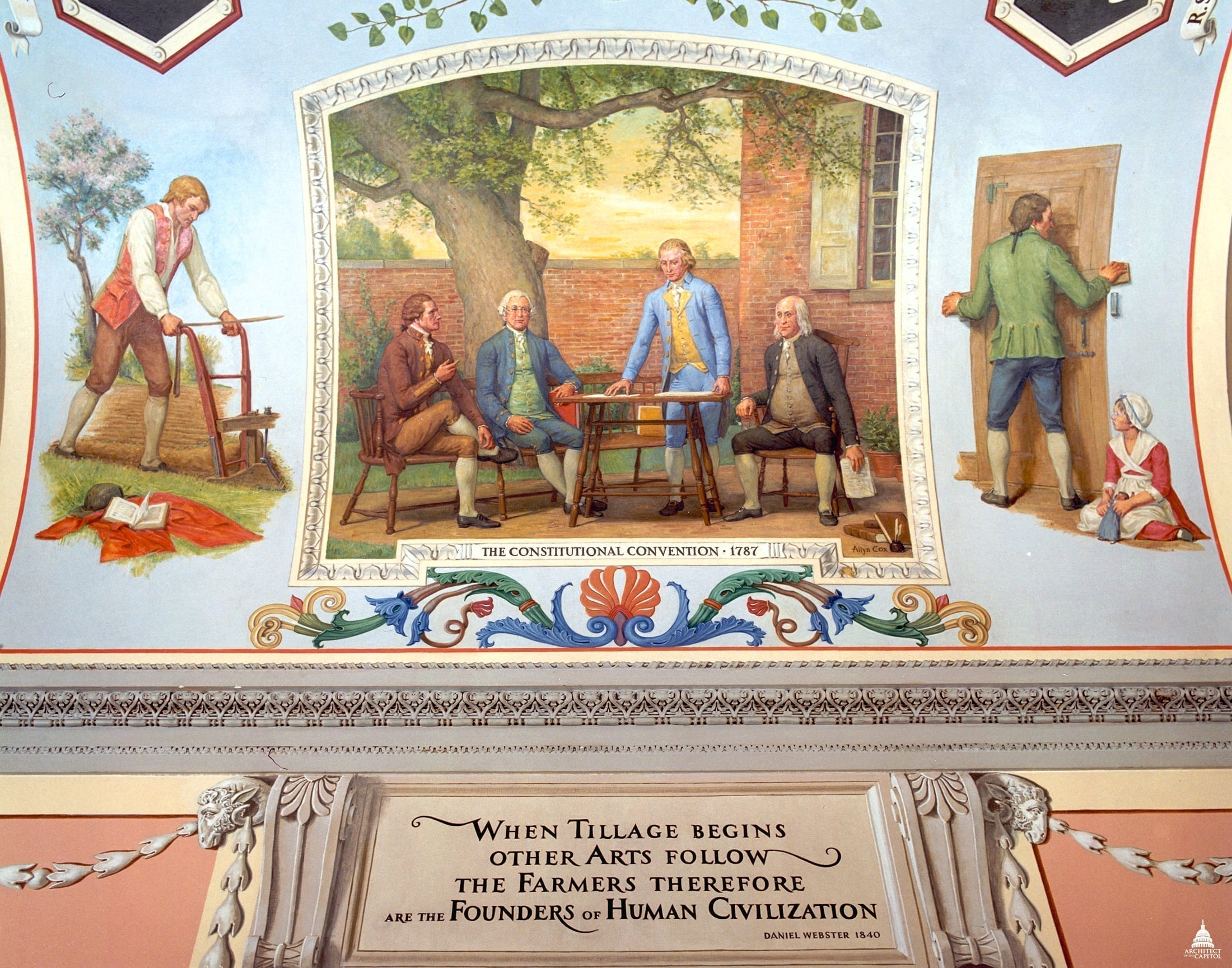

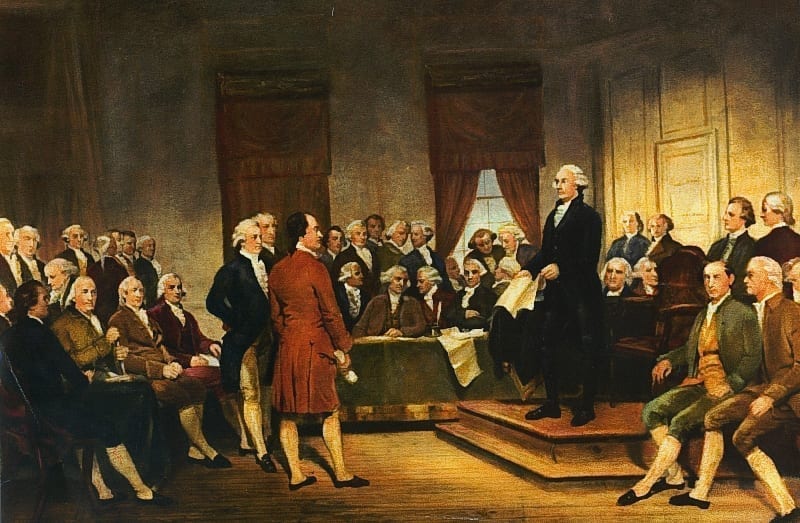


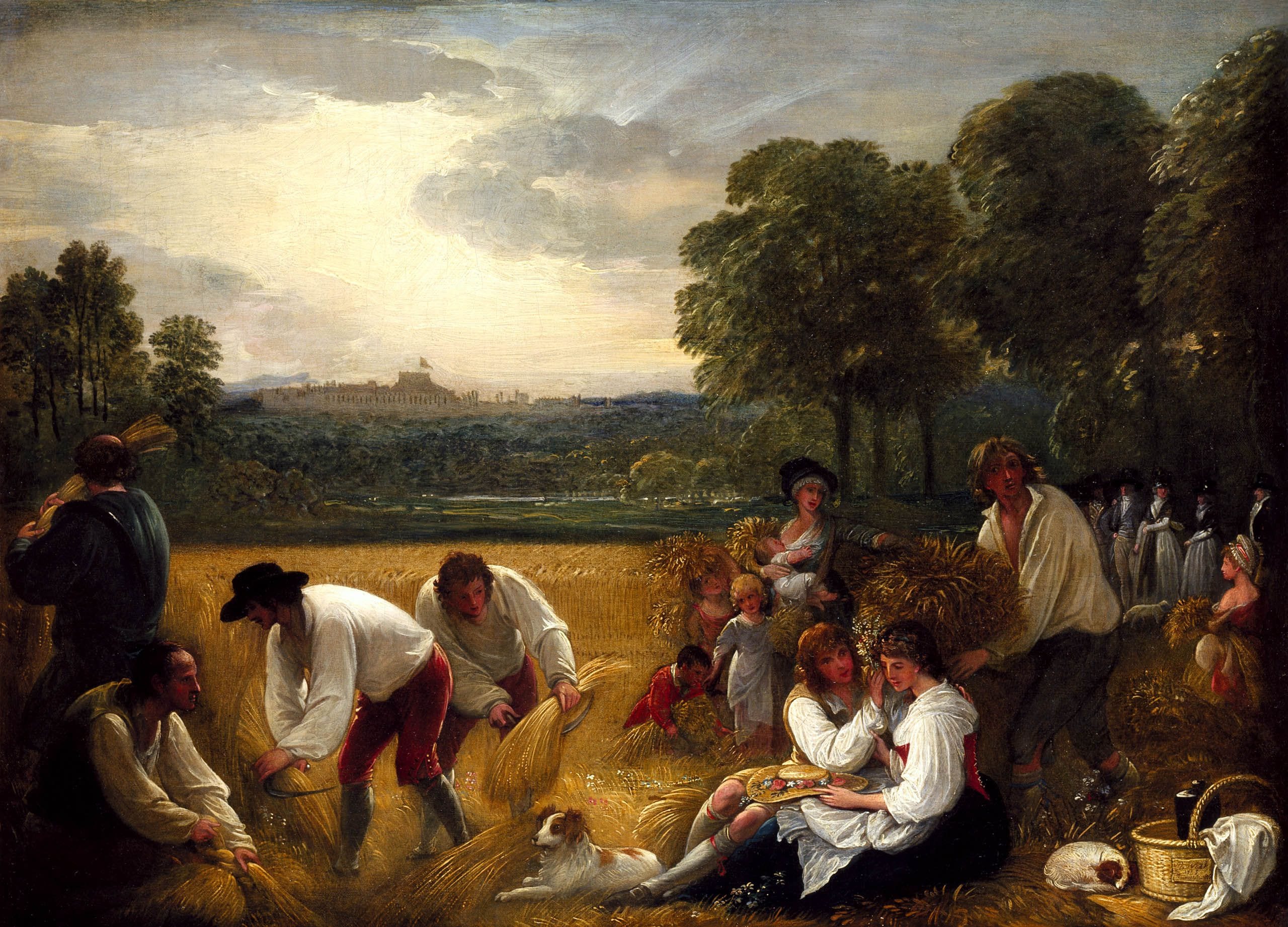


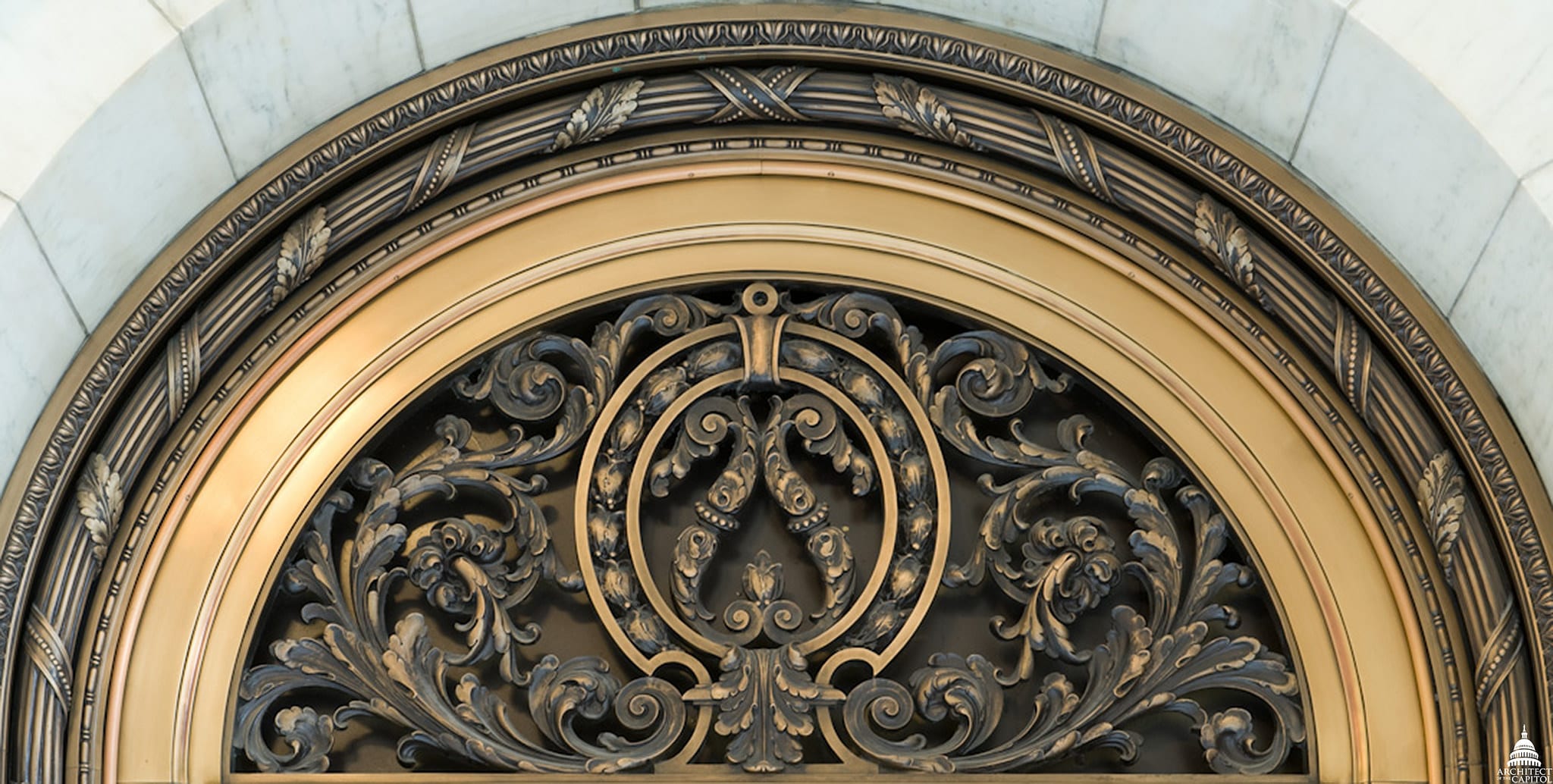













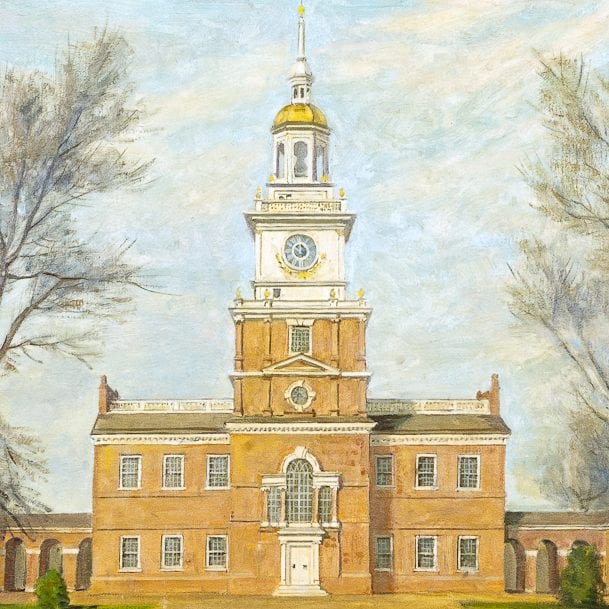
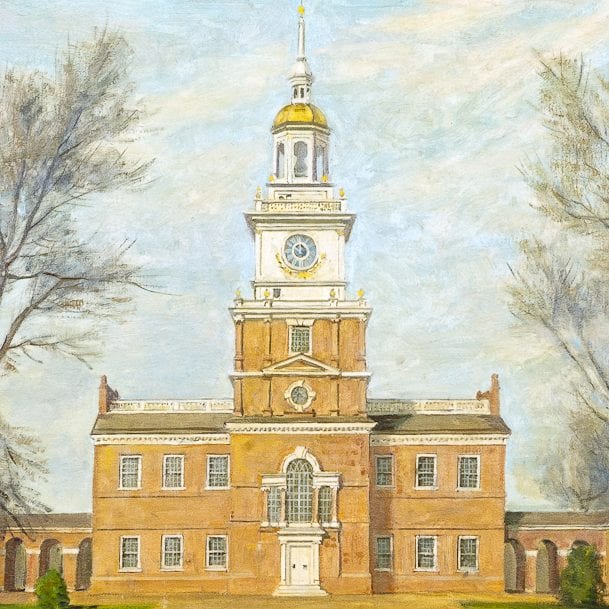






































































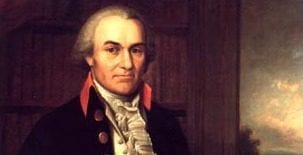



























![Finley, A. (1829) Pennsylvania. Philada. [Map] Retrieved from the Library of Congress, https://www.loc.gov/item/98688548/.](/content/uploads/2024/02/Map-of-PA--273x190.jpg)





















